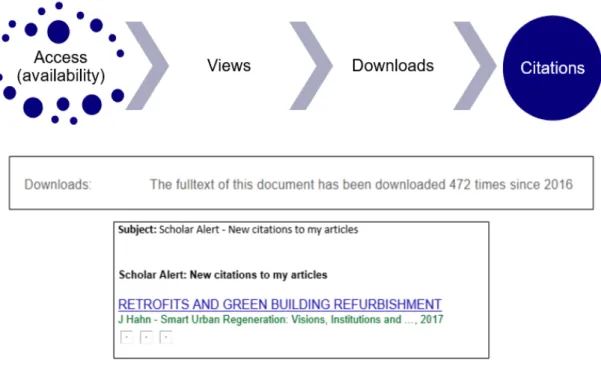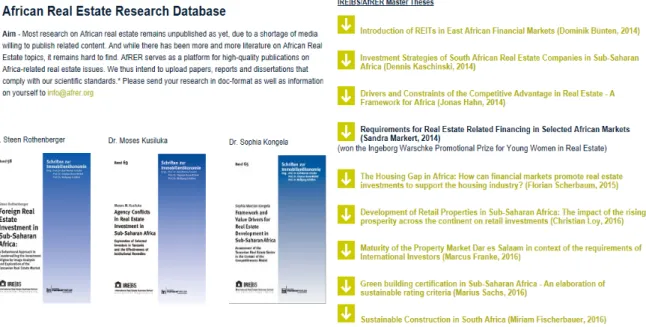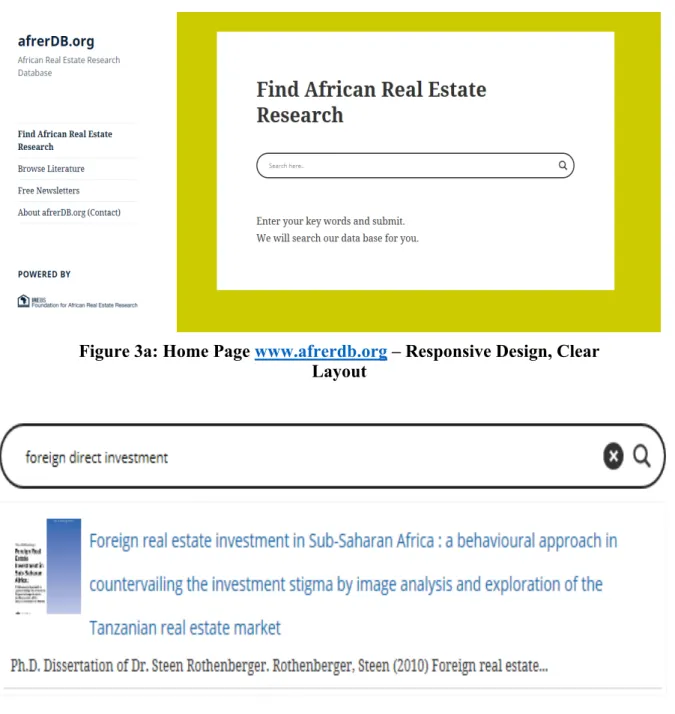Volume 3, Issue 2
www.journals.uct.ac.za/index.php/JARER/index
Research Notice: A Strategy and Tool for Improving the Visibility of African Real Estate Research
Jonas Hahn
1, and Karl-Werner Schulte
21-2
Volltext
1-2
Abbildung



ÄHNLICHE DOKUMENTE
In the framework of his analysis of macroeconomic interdependencies in 21 emerging capital markets, Al-Khazali (2003) determines a long-term equilibrium between
The updated study builds on the previous analysis and examines whether listed real estate indices in a broader sample of 13 economies are predominantly driven by the
This effect is similar to the result of Giliberto (1990), who finds that the residuals obtained from regressions of US direct real estate and REIT returns on other
= direct property index in the US, NAREIT = real estate equity index in the US, IPD = direct property index in the UK, REEI = FTSE 350 Real Estate Index as a proxy for the real
In the framework of his analysis of macroeconomic interdependencies in 21 emerging capital markets, Al-Khazali (2003) determines a long-term equilibrium between
Specific real estate research priorities average scores in each survey were lower than that seen for the general real estate research priorities av- erage scores, reflecting the
This dummy variable is characterized by distinguishing funds that hold more than 50% of its value under management in local securities and is used only as a determinant
In the face of this environment closed-end real estate funds, in general, are managed by independent fund management companies, which contrasts with open-end